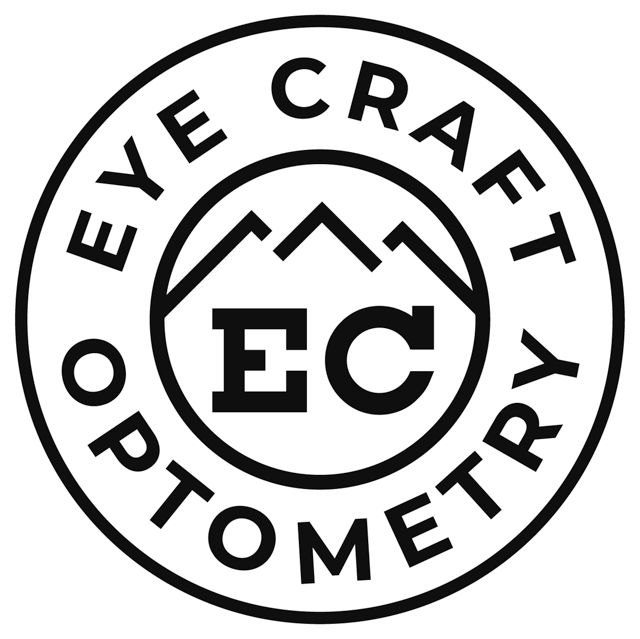There have been a few articles published recently questioning the efficacy of lenses with blue light filtering. This caused us to question this too, so in order to answer the question for our patients of “Do I really need this?” we got to work and did some research on the matter. We have our own observations regarding these types of lenses and we have feedback from patients but it is certainly not an exhaustive study involving tens of thousands of subjects. We had to delve deeper.
After reading numerous journal articles this Popular Mechanics article sums it up best. We’ll summarize but please do feel free to read the whole article as it is interesting. A few of the salient points:
“I have been wearing blue light lenses from Warby Parker in the "Devon" frames (no longer available) since the first week of October and, anecdotally, I can say that across that six-week span, I've gone to bed about an hour earlier each weeknight, on average, and that the number of headaches I've experienced has decreased to nearly zero, all other things constant.”
“Harvard Medical School notes that blue wavelengths—which are beneficial during daylight hours because they boost attention, reaction times, and mood—are disruptive at night. - - Harvard researchers tested subjects that were exposed to green light for 6.5 hours, and then blue light for the same amount of time. The blue light suppressed melatonin production for twice as long as green light and shifted circadian rhythms by twice as much.”
“Adam Gordon, O.D., clinical associate professor at the University of Alabama at Birmingham School of Optometry, said that the overexposure to blue light can lead to eyestrain and focusing issues, but will not lead to long-term damage of the retina. - Lens manufacturers have jumped on the band wagon of harmful blue light and are creating products that they claim will protect your eyes from macular degeneration or other eye diseases," he told the university's public relations office. "Blue light more often causes eye discomfort and annoyance than physical harm. It is important to understand what blue light is, where the accusations of hazard and threat of blue light come from, and how it truly affects your vision."
We will also state that for people who’s profession or semi-pro hobby require accurate colour acuity (eg: Designers, Artists, Photographers) we do not recommend a blue light filter. The blue light filter will offset accurate colour assessment ever so slightly.
So to summarize, there is no scientific evidence to suggest that lenses offering blue light filtering will protect your eyes from damage and prevent or slow macular degeneration. There is however a robust body of scientific evidence to support the claim that blue light filtering lenses help reduce eye strain resulting from spending a lot of time behind the computer screen and help maintain the body’s circadian rhythms which directly affect sleep patterns and quality.
At our North Vancouver Eye Craft Optometry Office, we offer a variety of lens options which include a blue light filter with the typical cost being no more than $40 in addition to the price of the lens. During your eye exam our Optometrists can discuss if a blue light filter would be of benefit depending on your particular circumstances.


